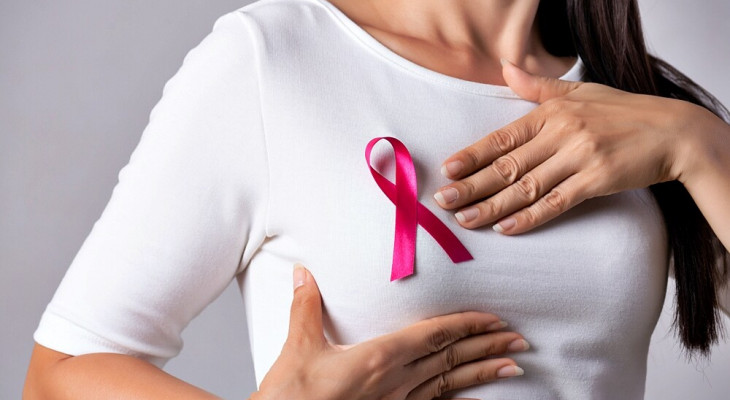October, as Breast Cancer Awareness Month, is an ideal time to shift away from the ‘one-size-fits-all’ model for breast health. As a surgical oncologist with over 40 years of experience, I have seen that each woman is an individual and her breast cancer risk will also be an individual one. The future of effective breast health resides in personalisation- customising screening and lifestyle recommendations based on individual risk.The Vector Away from Standard ScreeningWhile the standard starting point recommendation for annual mammograms at age 40 or 45 is a terrific starting point, it is not the entire spectrum of how to think about breast health. For quite some time now, we have relied on age guidelines as recommendations as care providers. Health care is bringing us into an area of risk stratifies screening, which includes looking not only at age (one factor) but also at things that increase risk.Key Individualised Screening Factors:• Genetic Factor: Women who have known gene mutations, such as BRCA1 or BRCA2 and/or significant family history, will need a more intense screening approach. This typically translates to starting mammograms earlier, usually beginning at age 30, but can also include adding Breast MRI to their yearly screening. Genetic counselling and testing are essential prudent first steps.• Breast Density: Women with dense breasts (more glandular and fibrous tissue than fat), also have higher risk for breast cancer. Moreover, dense tissue could obscure tumours on a mammogram. In these cases, additional screening options, like ultrasound, or Molecular Breast Imaging (MBI): can assist with early detection for these women.• Previous Biopsies: Women who have certain benign breast conditions such as the presence of Atypical Ductal Hyperplasia (ADH) may have an increased risk in the future. These women deserve a customized and more active follow-up plan.This individualised screening process is not to instil unnecessary fear or worry; rather, it’s providing individualised screening intensity, to a specific individual at a specific time, to help improve our diagnosis rates, and reduce anxiety for those at lower risk.Lifestyle: A Prescriptive ApproachBreast health isn’t just about screening; it’s about what we do every day. Lifestyle modifications are potent tools for risk reduction, and just like screening, they should be personalised based on a woman’s body, risk factors, and life stage.Personalised Lifestyle Adjustments:• Maintain a Healthy Weight: Studies routinely indicate that obesity, especially after menopause, enhances breast cancer risk. The focus should be on body composition and maintaining a healthy weight through a diet based in fruits, vegetables, and lean protein – the Mediterranean diet immediately comes to mind for its association with less breast cancer risk- perhaps due to things like olive oil. • Move More: Regular exercise, 150 minutes of moderate or 75 minutes of vigorous aerobic exercise each week, is important in regulating hormones and improving immune function. Movement is a fundamental, essential piece of breast health. • Limit Alcohol: Even small amounts of alcohol can increase risk. Each individual plan will vary, however if you have other high-risk factors, you must typically eliminate alcohol.• Evaluate Hormones: For women considering Hormone Replacement Therapy (HRT) for menopausal symptoms, an essential look at the risks and benefits along with their physician will be an absolute must and will address their personal score for risk.The Human-Centric Future of Care is the premise: you are not a statistic. We can propel from a reactive, disease-based model to a proactive, person-centered model. With one of the newest tools genetic testing, we can employ comprehensive risk-assessment models, and we can utilise advanced imaging to create a real roadmap for your breast health journey. The partnership between the patient and physician where we combine medical science with your preferences and personal history is our single best weapon against breast cancer. This month, take charge of your health; talk to your doctor about your personalised breast health plan.



